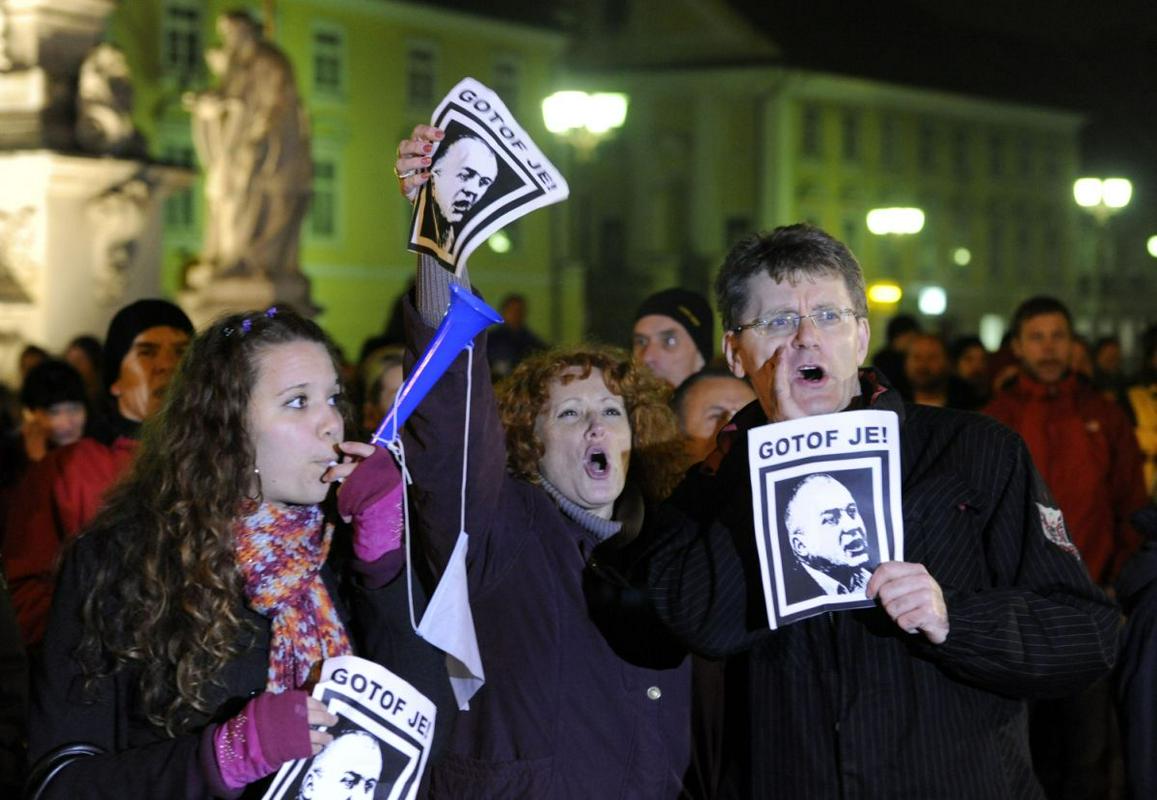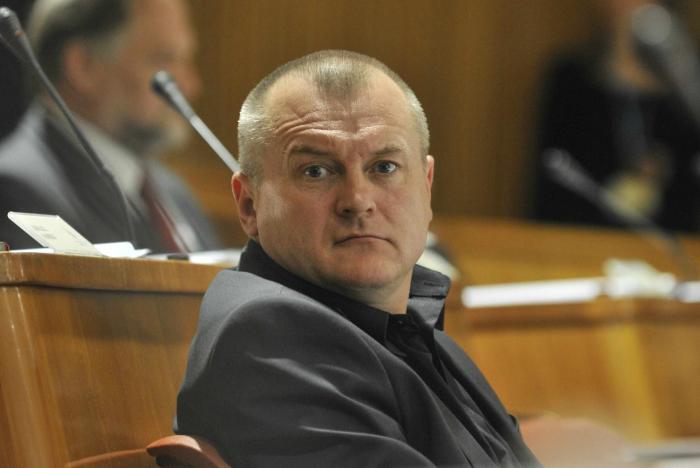

Maribor's basic problem is how to assure decent survival to the people.
The November of last year was a turning point of the political image of the second largest city in the country. Yet the dissatisfaction of the citizens of Maribor remains.
The so-called First Maribor Uprising took place exactly a year ago. More than one thousand protestors gathered in front of the town hall Rotovž to clamour against election of the then mayor Franc Kangler into the National Council. It was the third protest gathering; the first occurred on November 2, when approximately 50 people lit candles in front of the municipality building, and the second took place on November 12, when 400 to 600 people shouted »Gotof je« (meaning »He is done« in Styrian dialect), and threw eggs into the entrance.
The First Maribor Uprising was not the first manifestation of dissent with the policy of city management of that time, but it was the first with mass participation. The protestors blamed Kangler of corruption, clientelism, theft of public funds, and criminal charges. In spite of the intensive protests Kangler was elected a national councillor with 25 electorial votes of 38, which greatly upset the gathered crowd. Kangler had to be rescued from Rotovž by the Police, who used also coercive measures.
"The key problem was kanglersim, not Kangler himself"
The wave of protests which followed swept Kangler from his position, and announced better times for Maribor. But today the citizens of Maribor are disappointed, as no major improvements can be noticed. The sociologist Franci Trček, one of the participants of the uprisings, said for MMC that he had his doubts on elections at that time already. The key problem, according to Trček, was not Kangler himself, but "what we named kanglerism or the octopus". He explained that "the city council made the decomposition of the octopus and the destruction of kanglerism impossible".
While the replacement of the mayor is the most visible result of the protests, in Trček's opinion the positive effect of the uprisings is also "our realisation that an authority, a hegemon, remains the authority only as long as we allow it, as long as we give it the legitimacy." Trček also hopes that "after twenty years we have finally realized that a civil society is needed, which was non-existent." The civil society from the eighties of the previous century in his opinion "either transformed into politics, or sucked onto the politics' teats".
Decent survival must be assured
The uprisings opened space for new political practices in the city. "In Maribor we have the city council initiative, which started working relatively well. But dangers lie in wait as well." He primarily mentions the traps of participative democracy, as such platforms can be used for spreading intolerance. Regardless of that, the local environment has certain advantages. "The local environment allows practicing, as in the local environment a person can quickly recognize his/her interest in politics, and realize that politics should be of his/her interest."
Maribor's basic problem is how to assure decent survival to the people.

































































